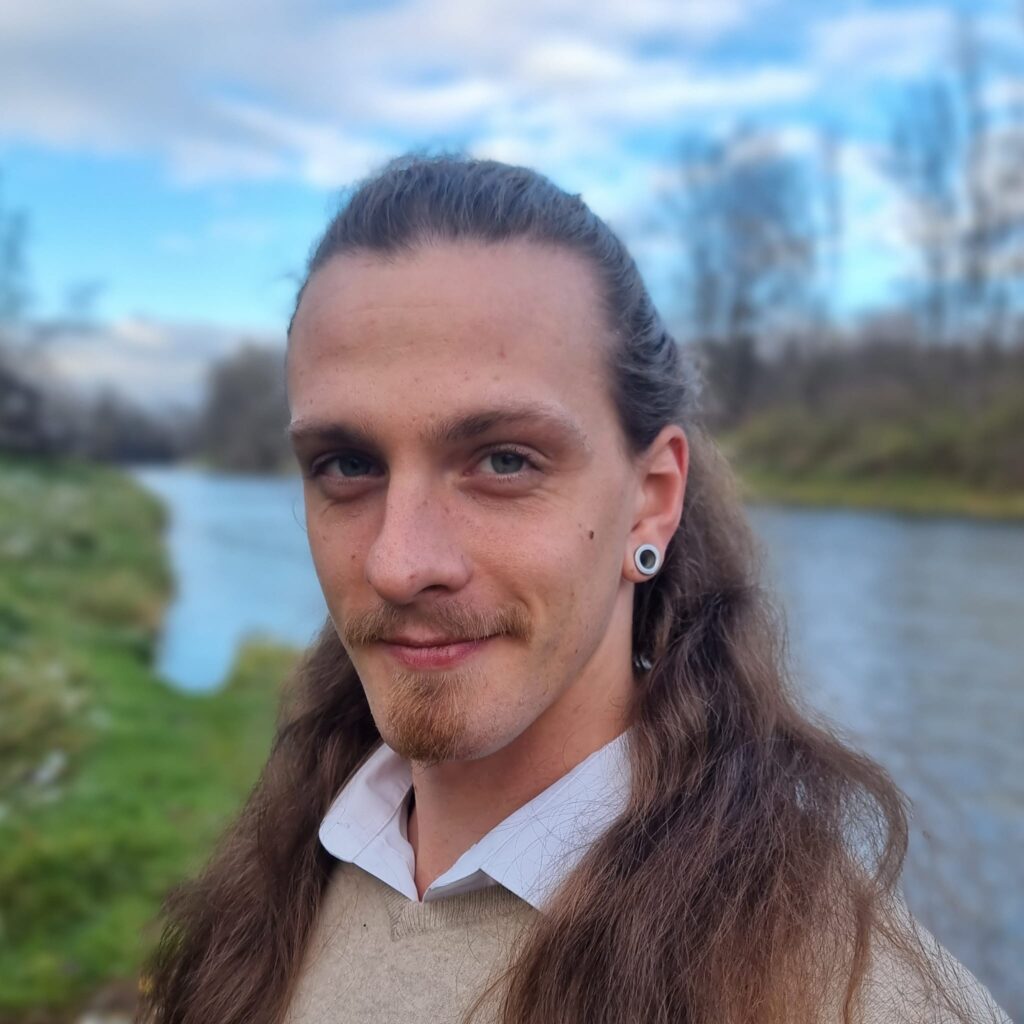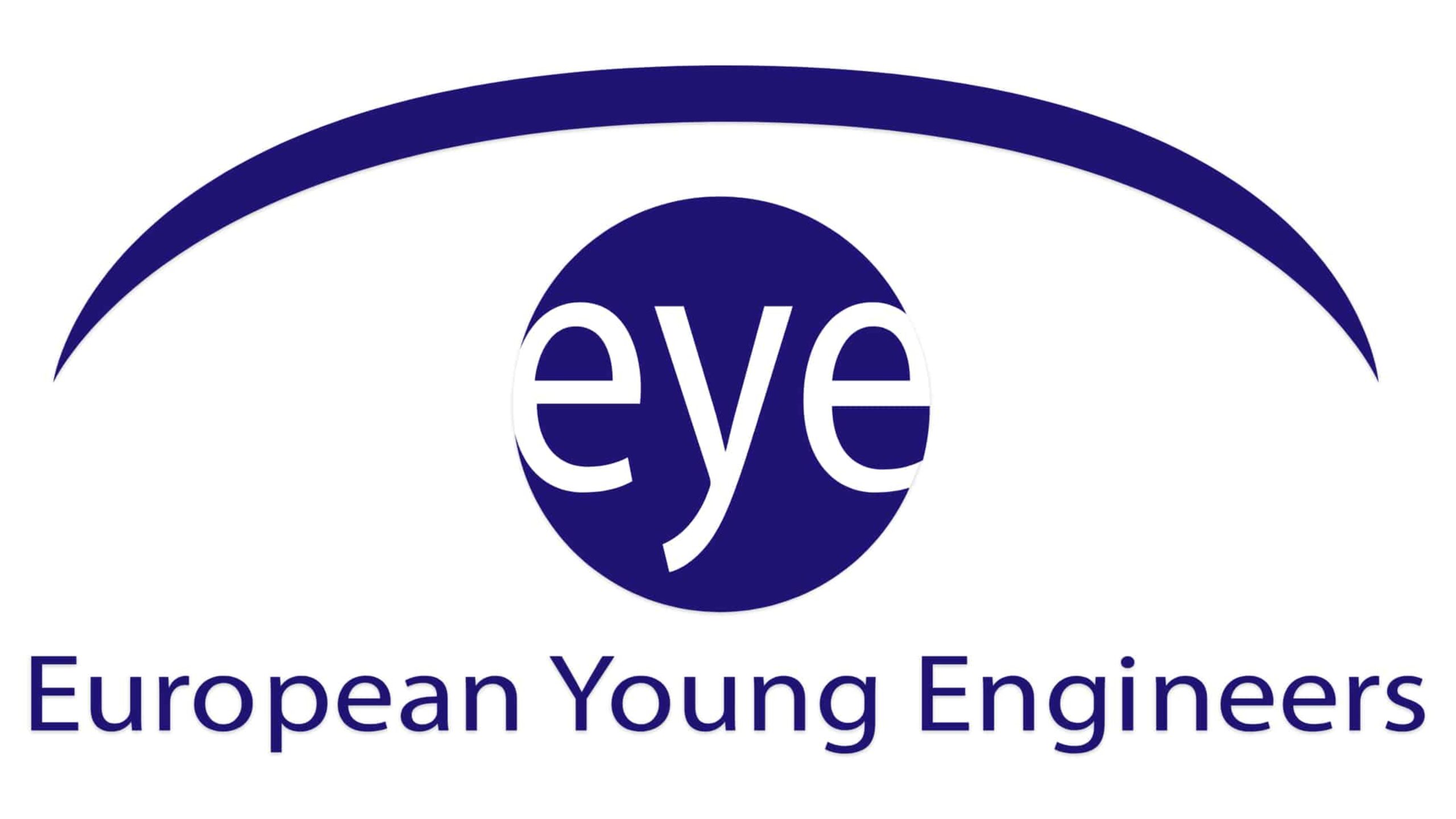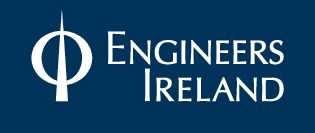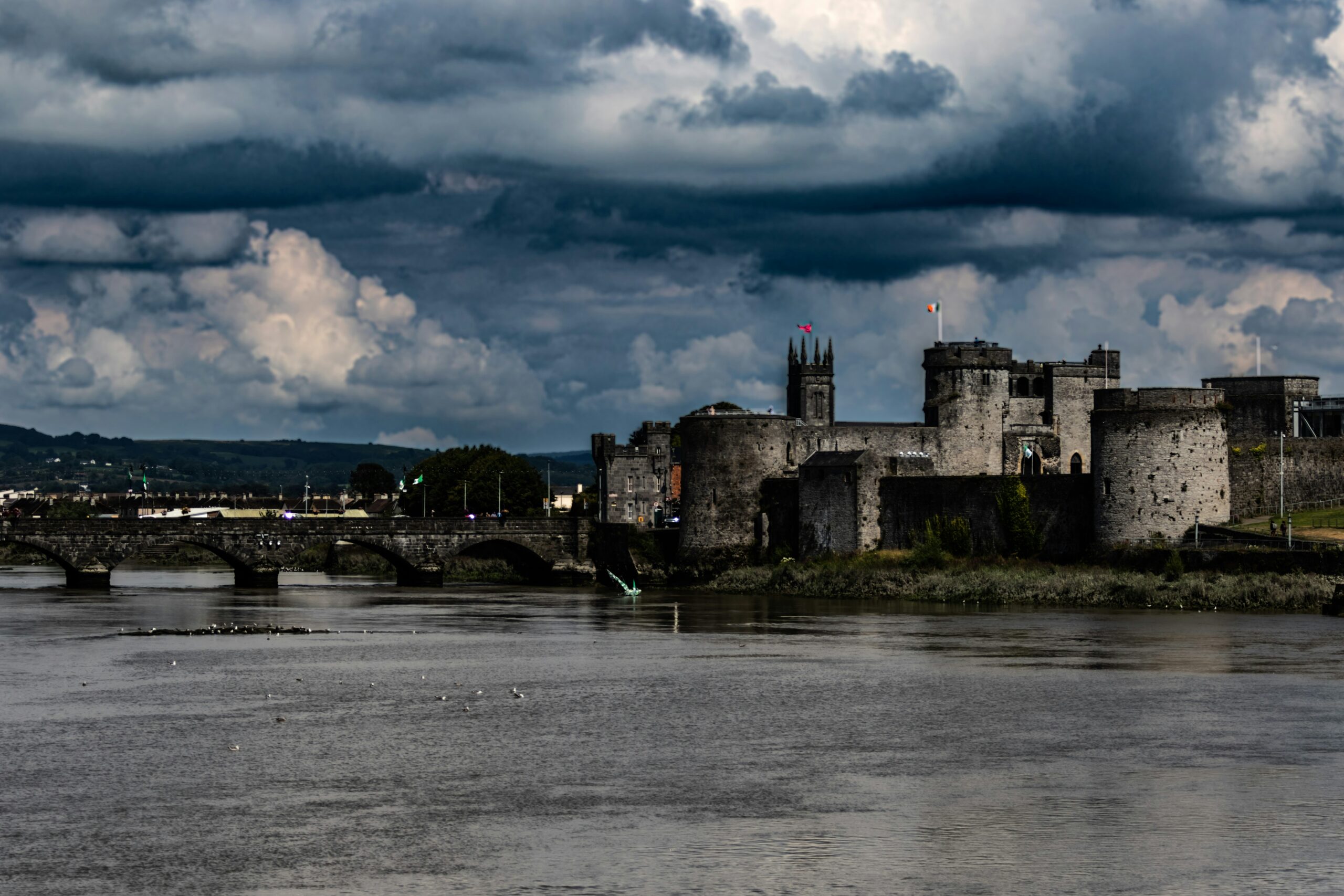
People
Oxford people
Nadja Jang
Nadja is pursuing a PhD in Systems Engineering at Oxford, where she conducts research on the Urban Bioeconomy, a concept to help cities become more sustainable and productive in terms of their biological resources and green spaces.
As EYE’s former President, she led over 100 team members to create an impact in the fields of public policy, sustainability, circular economy, energy, water, future of work, engineering education, AI and more with influential stakeholders like Audi, Siemens, the UNFCCC and the European Commission. Prior to that, she worked on sustainability projects at SYSTEMIQ, BASF, Linde and the German Federal Ministry for Economic Affairs and Energy.
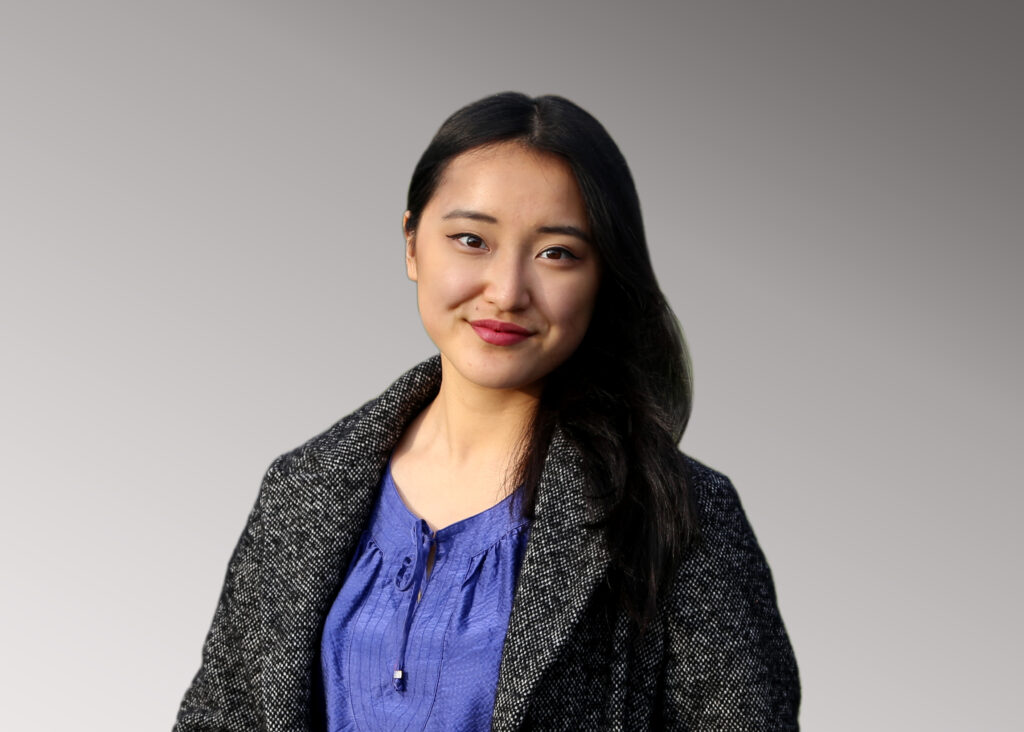
Gayatri Sundar Rajan
Gayatri is a Chemical Engineering DPhil student at the University of Oxford researching how to cogenerate low-cost, low-energy, reliable potable water and cold storage via adsorption desalination and cooling systems. She employs both computational and experimental methods in her research. Gayatri is co-advised by Prof. Nick Hankins and Dr. Binjian Nie.
Prior to joining the University of Oxford, Gayatri completed her B.S. in Mechanical Engineering at Boston University. During her degree, she built and tested a desiccant-based water harvesting device for her senior design project, conducted research in heating electrification through Boston University’s Campus Climate Lab, and interned at Commonwealth Fusion systems as an R&D Mechatronics Intern. Building on a range of research and industrial internships in the energy and water landscape, Gayatri aims to bring an interdisciplinary perspective to sustainable development opportunities at the water-energy-food nexus.
In her free time, she enjoys playing Carnatic Violin, running, travelling, and trying new restaurants in and outside of Oxford.
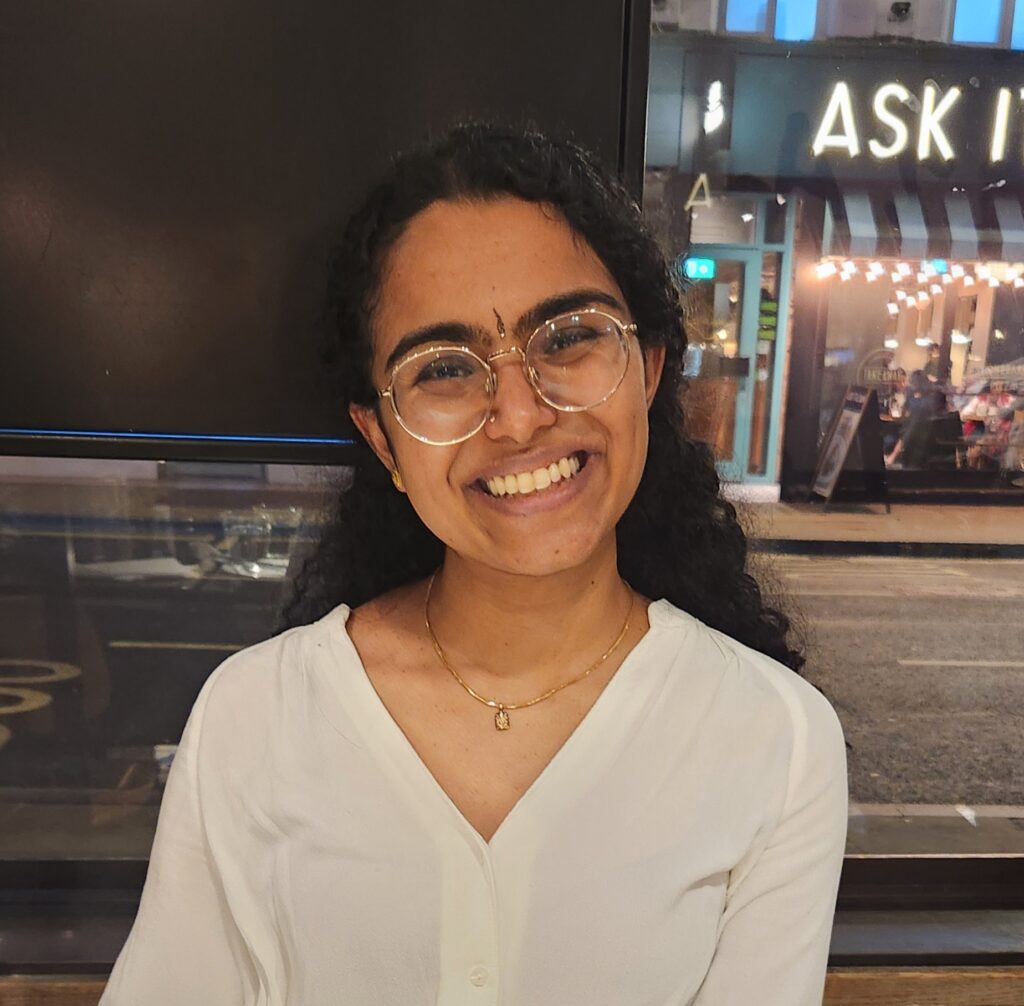
Omar Daoud
Omar Daoud is a 2nd year PhD student in Chemical Engineering at the University of Oxford. His current work focuses on green cement production from seawater, by developing a novel decarbonized process integrating synergistically water desalination with cement manufacturing as a clean alternative used for cementitious binders in concrete-based constructions capable of absorbing CO2.
He got his Bachelor’s and Master’s in Chemical Engineering from King Saud University, where he worked on membrane-based desalination technologies (e.g., reverse osmosis, nanofiltration, and membrane distillation) while being part of the water research group at King Abdullah Institute for Nanotechnology. During his Master’s, he worked on solar power integration with desalination processes in a studentship by King Abdullah City for Atomic and Renewable Energy.
His general vision and goal are to develop green processes for essential materials (e.g., freshwater and cement), within a techno-economic framework to ensure sustainability, and financial competitivity while being environment friendly.
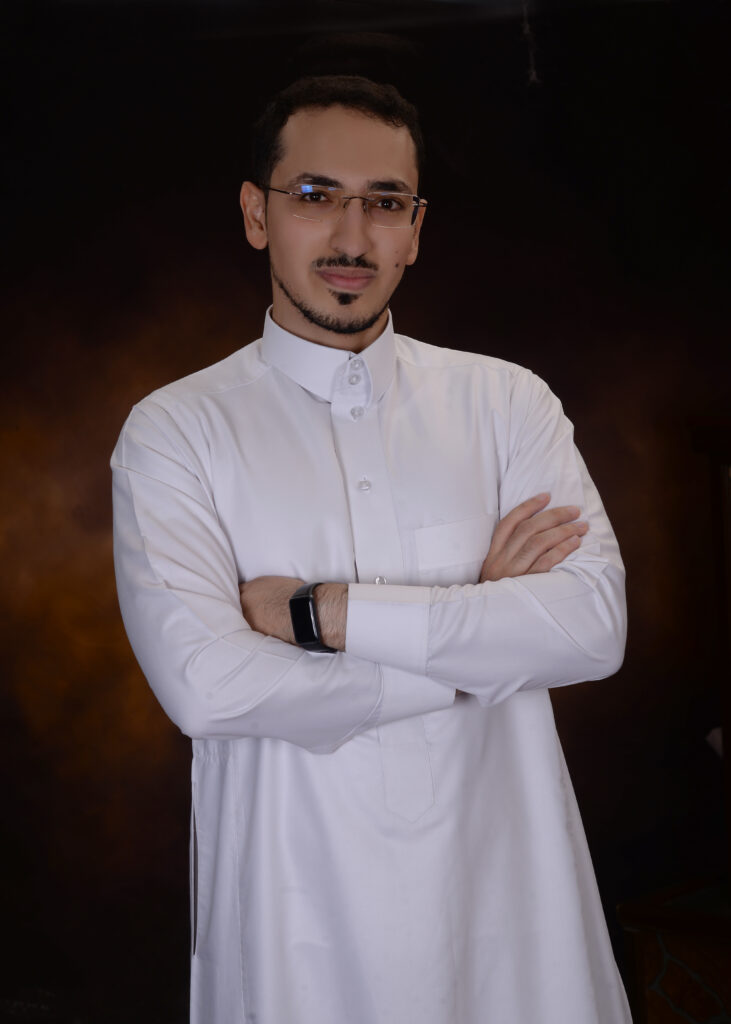
Dorcas Tuitoek
Dorcas is a PhD Chemical Engineering student at the University of Oxford, researching on industrial decarbonization technologies and energy storage, which are critical aspects of transitioning to a low-carbon economy, achievement of climate goals, and addressing energy insecurity. Dorcas is co-advised by Prof Aidong Yang and Dr. Binjian Nie.
Dorcas completed her Bachelor of Engineering in Chemical Engineering at the Technical University of Kenya, where she focused on Energy and environment and did her project on “Process modelling, simulation and economic evaluation of waste tire pyrolysis”, a waste-to-energy concept. Before joining Oxford, Dorcas worked in Deloitte East Africa’s Risk Department as a Business Analyst.
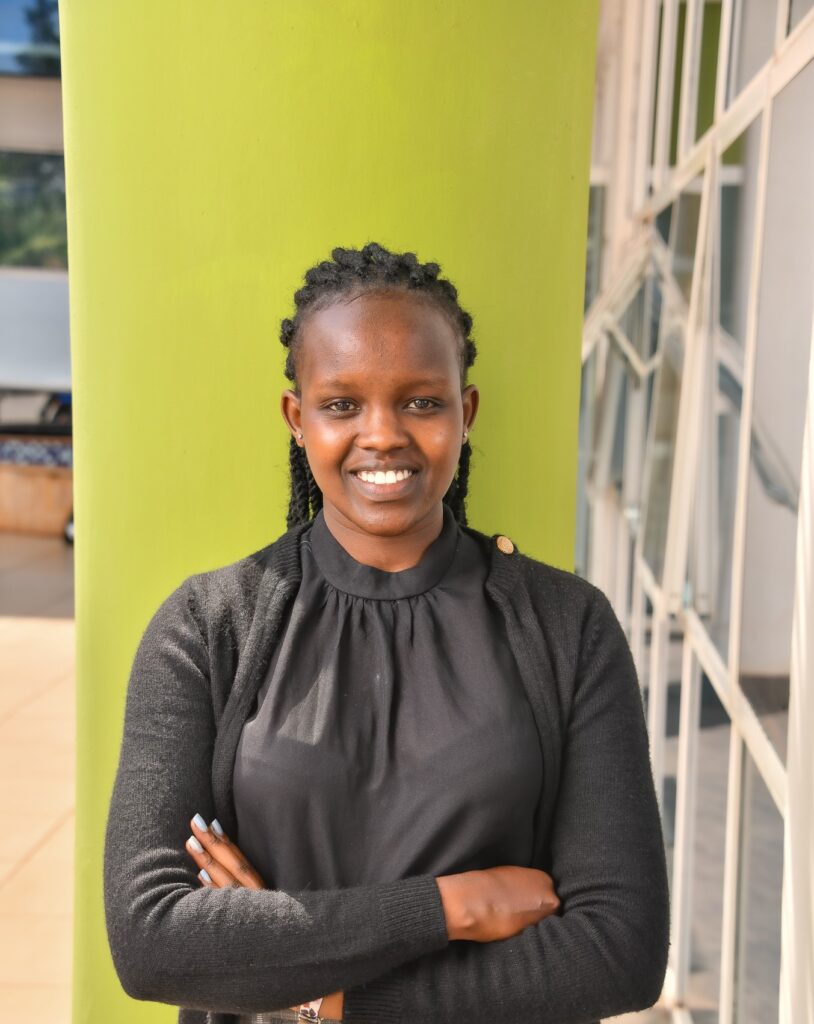
Haris Saeed
As a first-year PhD student in Chemical Engineering at Oxford, I’m navigating the exciting intersection of synthetic biology, sustainable engineering, and AI. My path here was straightforward, fuelled by a passion for solving humanity’s pressing issues, from energy generation to emissions reduction. Despite a linear academic journey, hands-on experience in engineering firms sparked my research ambitions, leading me to pursue a PhD and to enter academia. My fresh perspective on the PhD application process and early-stage insights will help me guide and inspire those considering this path. Let’s explore how to embark on a PhD journey effectively, ensuring it aligns with your aspirations and contributes to meaningful solutions.
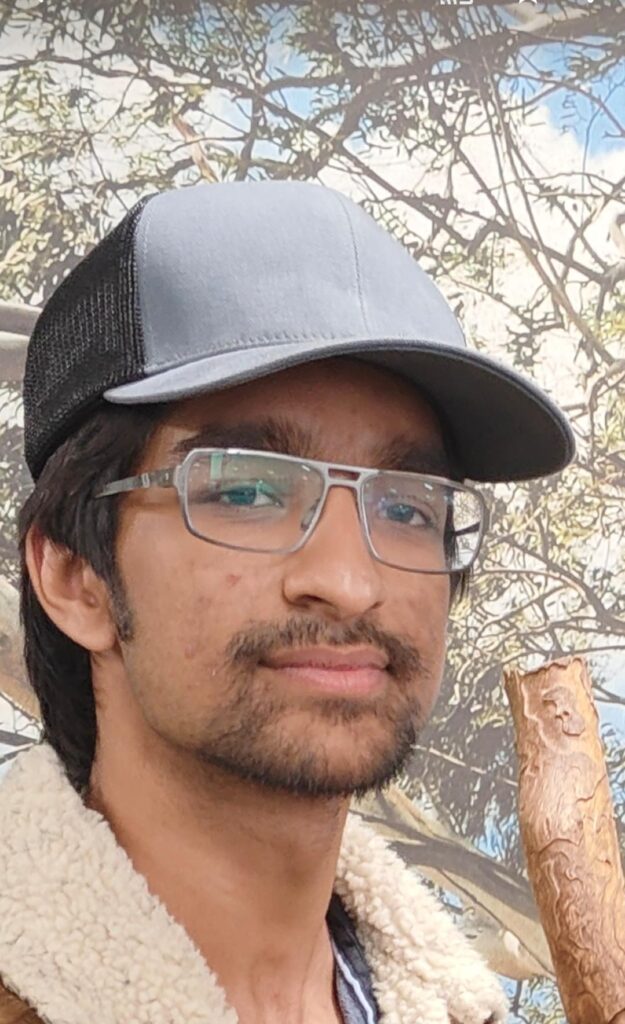
ULAS people
Adam Byrne
Adam is a 2 nd year Immersive Software Engineering student interested in open-source software and computer vision. Passionate about the intersection of technology and vision technology such as Radar and LiDAR. As a part of ULAS HiPR, he focuses on the software stack behind our CanSat, and our Vision model on board.

Daire O’Sullivan
Daire is a 4th Year Aeronautical Engineering student at the University of Limerick. Daire has recently completed his Final Year Project entitled “An Investigation of Three Supersonic Wings at Mach 2, 3 and 5 using Computational Fluid Dynamics”.
Daire is passionate about space and aerospace engineering. During his time at UL, Daire co-founded UL Aeronautical Society. He has held the position of Treasurer, Chairperson and Rocketry Officer. During his tenure as Rocketry Officer, he led the creation of ULAS HiPR which he currently leads. Daire led the team in the design of their first high-powered rocket, Sionna and is currently leading the Mach-24 team which are working to launch in Scotland this coming July.
In his spare time, Daire launches small rockets from his garden and is currently working towards gaining his L1 high-powered rocketry certificate.
Dervla Gargan
Dervla is a 2nd year undergraduate studying Immersive Software Engineering. She has an interest in electronics, 3D printing and coding. She loves to combine these skills to solve problems and create interesting projects.
As part of ULAS HiPR, she works on the electronics, microcontrollers, and code that we use in our rockets. As well as the organisation and project management aspects of our team.
Karl Gilmartin
Karl is in his second year studying Immersive Software Engineering. He is passionate about all thing’s aeronautics with a focus on software consulting. Karl is head of sponsorship for HiPR. He primarily focuses on sponsorship acquisition and brand development for HiPR. He creates sponsorship proposals and decks, oversees and tracks HiPR’s budget, designs various graphic templates and assists with the maintenance of HiPR’s website. Karl is also the direct liaison for our sponsoring companies, ensuring their needs are met, and their partnership with us remains productive and long-lasting.
Michal Wilk
Michal Wilk, 4th year engineering student at University of Limerick doing the Integrated Masters in Aeronautical Engineering. Michal has been a member of ULAS HiPR since February 2023. Currently Michal is involved with the Research and Development team of HiPR, particularly in developing our own Thrust Vector Control (TVC) system. Michal is responsible for designing and testing the mechanical device that will secure the rocket’s motor and allow it to rotate within the TVC mechanism. Michal has been fascinated with rockets, aerospace propulsion and space development since finishing secondary school, and it is the reason why he chose to study Aeronautical Engineering at UL.
Define our why
Igor Ostrowski
Igor is studying for a bachelor’s degree in Mechanical Engineering at The Hague University of Applied Sciences and is currently writing his thesis at the Max Planck Institute for Plasma Physics. As a teenager, he participated in national swimming competitions. He then became a swimming coach. As a coach, he led and helped with training, regional and national events. During this time he had the opportunity to learn leadership from coaches who, after years of work, were able to build a team that won several national titles.
It was during this time that Igor discovered his passion for leadership and decided to apply this knowledge to his profession. He believes in sustainable and progressive teamwork that supports the process of achieving our goals, big or small.
